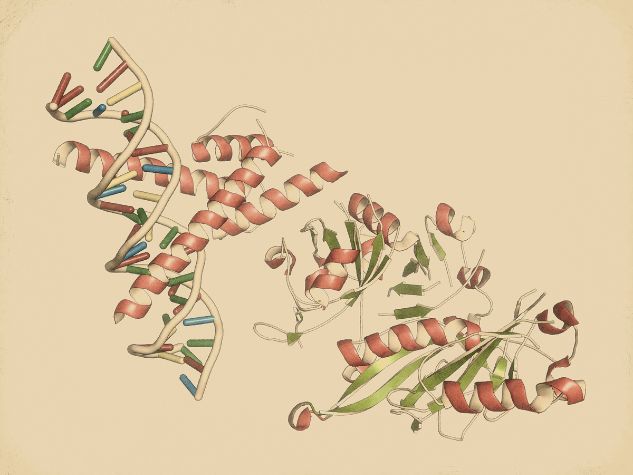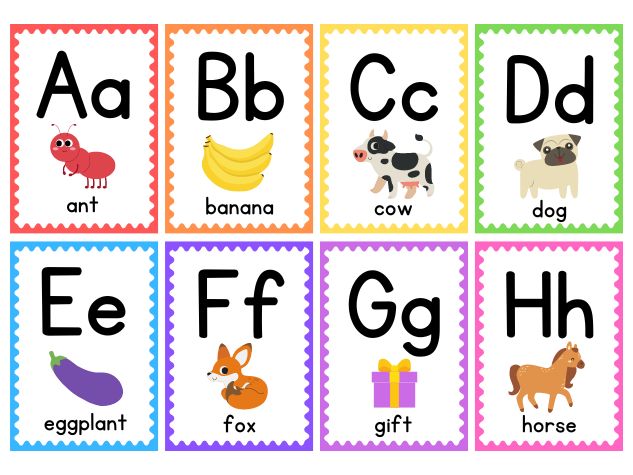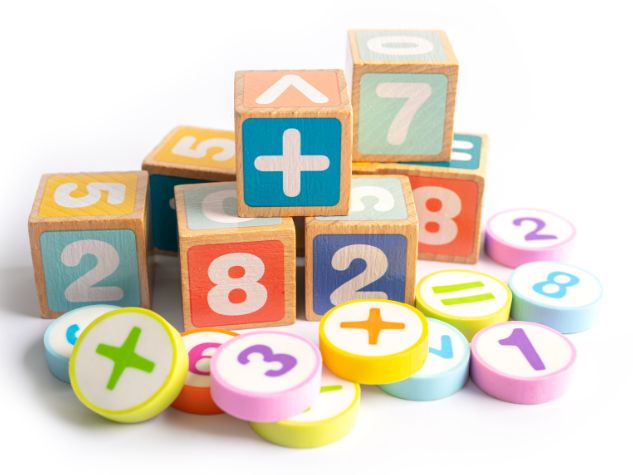The importance of social skills in human development is undeniable. These skills are not only crucial for establishing meaningful relationships but are also key to success in various aspects of life. In the case of children with Down syndrome, a focus on the development of social skills is even more critical as it can make a difference in their ability to integrate into society and enjoy a fulfilling life.
Understanding Down Syndrome and Social Skills
Down syndrome is a genetic condition affecting approximately 1 in every 700 births. It is characterized by the presence of additional genetic material on chromosome 21, leading to specific physical and cognitive characteristics. While children with Down syndrome may face some challenges in developing social skills, with appropriate support, they can make significant progress.
Social Skills in Childhood: Essential Foundations
Social skills encompass a set of behaviors, attitudes, and competencies that enable individuals to interact effectively with others. These skills include the ability to communicate effectively, understand emotions, show empathy, resolve conflicts, and establish positive relationships. For children with Down syndrome, the development of these skills may require a more structured approach tailored to their specific needs.
How to Improve Social Skills in Children with Down Syndrome
- Communication:
Communication is fundamental to the development of social skills. For children with Down syndrome, it is crucial to work on both verbal and non-verbal expression. Activities such as role-playing, speech therapy, and group activities can be effective. Additionally, the use of images and visual supports can facilitate understanding and communication.
Example:
Imagine a game where children role-play everyday situations, such as asking for something in a store. This not only provides them with practice in communication but also helps them understand social interactions.
- Empathy Development:
Fostering empathy in children with Down syndrome is essential for building meaningful relationships. Activities that promote understanding of emotions, such as telling emotional stories or engaging in activities involving the recognition of facial expressions, can be beneficial.
Example:
Creating an emotions album with pictures of different facial expressions and discussing how people feel in each picture can help develop empathy.
- Social Skills Through Play:
Play is a powerful tool for social learning. Cooperative games that require teamwork and turn-taking, such as board games, can help develop social skills in a fun and structured way.
Example:
Engaging in a role-playing game where each child has a specific role encourages cooperation and understanding of social responsibilities.
- Inclusion in Group Activities:
Including children with Down syndrome in group activities, such as sports or artistic activities, provides them with the opportunity to interact with their peers. Participation in teams fosters collaboration and mutual acceptance.
Example:
Organizing inclusive events where all children can participate on an equal footing promotes acceptance and understanding.
The Role of Family and Community:
Family and community support are essential for the development of social skills in children with Down syndrome. Awareness and education about the condition can foster an inclusive and understanding environment. Additionally, participation in support programs and therapy can provide additional tools for social success.
Conclusions:
The development of social skills in children with Down syndrome is an ongoing process that requires patience, support, and understanding. With adapted approaches and the implementation of specific strategies, these children can reach their full social potential. By promoting inclusion and acceptance, we contribute to the creation of a more compassionate and diverse society, where every individual has the opportunity to socially flourish.

















